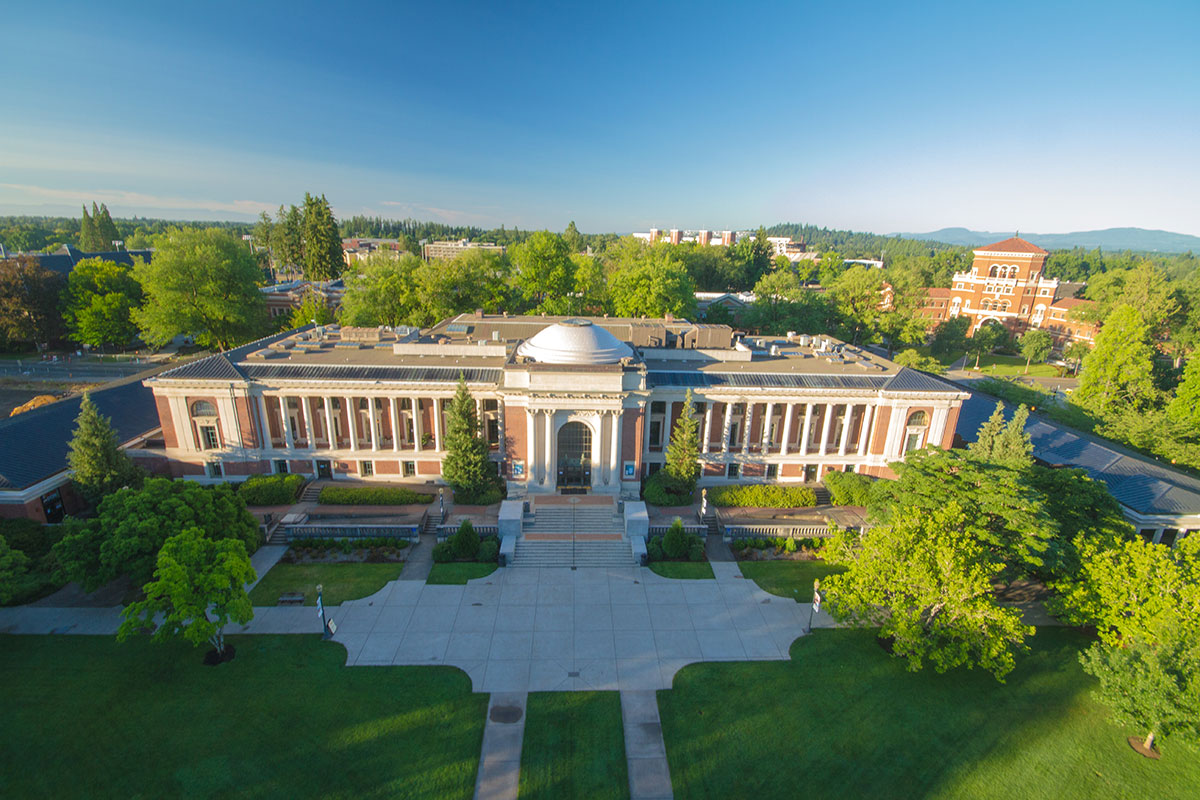Veterinarians, as everyone knows, care for dogs, cats and livestock. Less well-known is their role in safeguarding human health.
Guarding Human Health


Veterinarians, as everyone knows, care for dogs, cats and livestock. Less well-known is their role in safeguarding human health.

In his research on marine reserves, a graduate student taps his experience with both fish and humans.

Scott Baker, an Oregon State University conservation geneticist and cetacean specialist whose work was featured in the Academy Award-winning documentary, “The Cove,” has been named one of four 2011 Pew Fellows in Marine Conservation.

In the seaside village of Taiji, Japan, there’s a jarring juxtaposition: Jolly-looking tour buses shaped like happy dolphins putter up and down the streets by day, while by night fishermen secretly slaughter hundreds of panic-stricken dolphins in a nearby inlet and sell them as meat.

“When you flood the body with oxytocin, the receptors might down-regulate to compensate. It’s quite feasible that this could be a culprit in autism.”

You don’t think of voles as paragons of virtue. Yet one species of these drab mouse-like creatures is loyal to its mate for life, helps around the den, cuddles its young, and generally exhibits what humans would call “family values.” Meet the true-blue prairie vole.